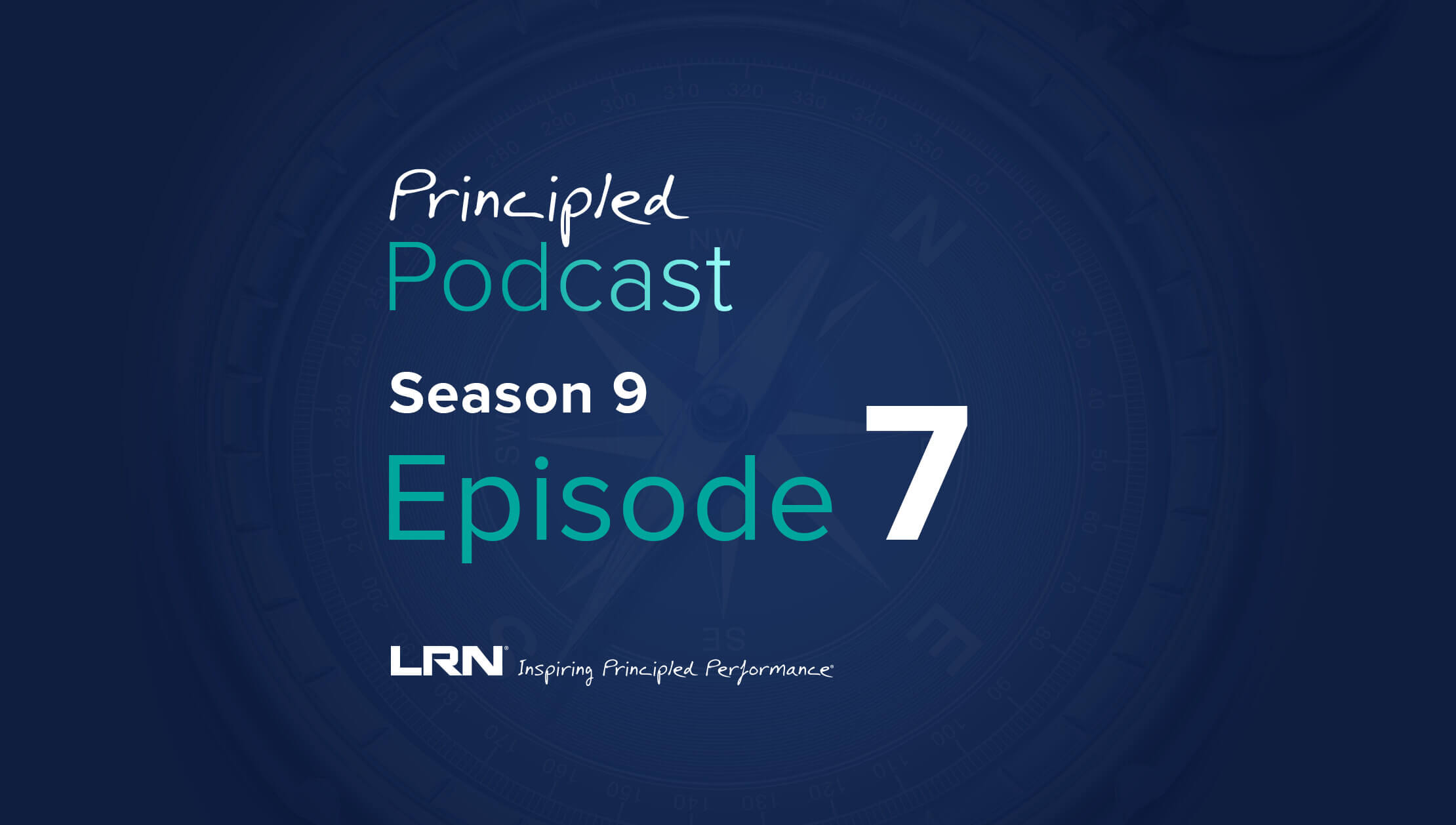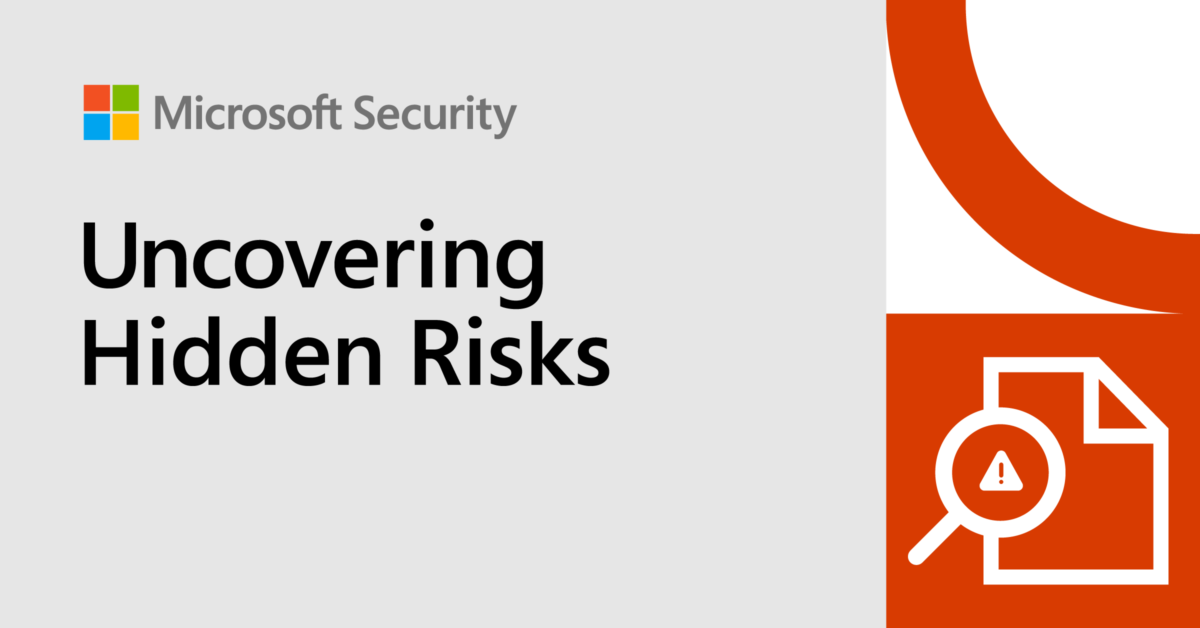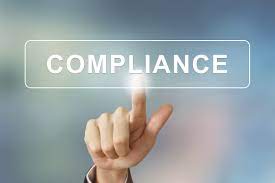What you’ll learn on this podcast episode
The Federal Acquisition Regulation, or FAR, is the primary guidance followed by federal agencies—including NASA, the Department of Defense, the General Services Administration, and all others when acquiring goods and services. It’s also a regulation with its own set of compliance requirements for government contractors. How does FAR differ from other regulatory guidance, and what do government contractors need to know to ensure they have an effective program in place? On the Principled Podcast, host Jen Üner talks with LRN colleague Eric Morehead about why the FAR compliance program requirements matter to broader E&C program effectiveness, and how government contractors can implement those requirements in practical ways.
31
Guest: Eric Morehead
Eric Morehead is a member of LRN’s Advisory Services team and has over 20 years of experience working with organizations seeking to address compliance issues and build effective compliance and ethics programs. Eric conducts program assessments and examines specific compliance risks, he drafts compliance policies and codes of conduct, works with organizations to build and improve their compliance processes and tools, and provides live training for Boards of Directors, executives, managers, and employees.
Eric ran his own consultancy for six years where he advised clients on compliance program enhancements and assisted in creating effective compliance solutions.
Eric was formally the Head of Advisory Services for NYSE Governance Services, a leading compliance training organization, where he was responsible for all aspects of NYSE Governance Services’ compliance consulting arm.
Prior to joining NYSE, Eric was an Assistant General Counsel of the United States Sentencing Commission in Washington, DC. Eric served as the chair of the policy team that amended the Organizational Sentencing Guidelines in 2010.
Eric also spent nearly a decade as a litigation attorney in Houston, Texas where he focused on white-collar and regulatory cases and represented clients at trial and before various agencies including SEC, OSHA and CFTC.
Host: Jen Üner
Jen Üner is the Strategic Communications Director for LRN, where she captains programs for both internal and external audiences. She has an insatiable curiosity and an overdeveloped sense of right and wrong which she challenges each day through her study of ethics, compliance, and the value of values-based behavior in corporate governance. Prior to joining LRN, Jen led marketing communications for innovative technology companies operating in Europe and the US, and for media and marketplaces in California. She has won recognition for her work in brand development and experiential design, earned placements in leading news publications, and hosted a closing bell ceremony of the NASDAQ in honor of the California fashion industry as founder of the LA Fashion Awards. Jen holds a B.A. degree from Claremont McKenna College.











